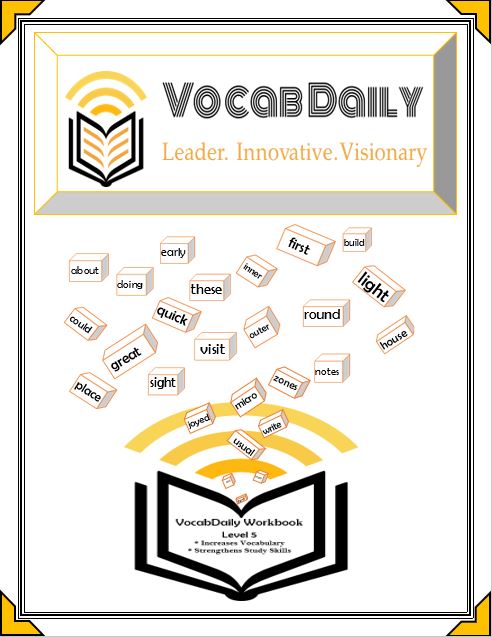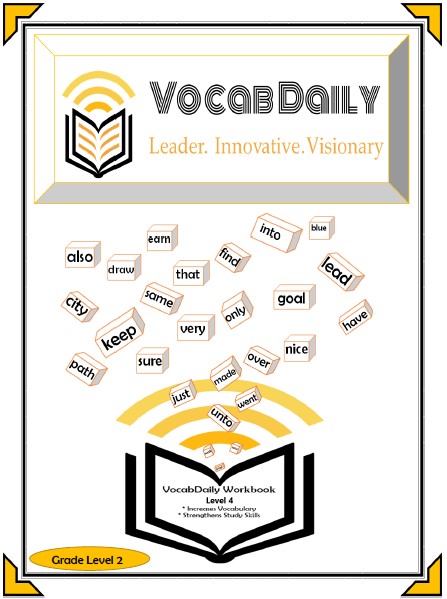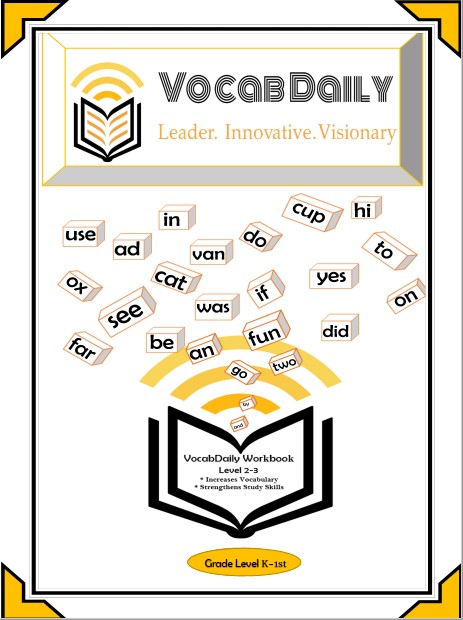Mastering the most common words in English, such as are, bat, bed, and big, can significantly enhance your ability to communicate effectively. These simple yet powerful words help to structure sentences, convey meaning, and provide clarity in both written and spoken language. Whether you’re describing size, stating facts, or asking questions, knowing how to use these words correctly is key to mastering English. In this article, we will explore the importance of these words and how to use them confidently in your daily communication.
Breaking Down the Key Terms: “Are,” “Bat,” “Bed,” and “Big”
Understanding “Are”
The word are is an essential form of the verb to be, used to describe actions, states, or conditions. It’s used with plural subjects or with the pronouns you, we, and they. As one of the most common verbs in English, are is essential for sentence construction.
Examples:
- “They are playing in the park.”
- “We are going to the movies tonight.”
Are also appears in questions and negatives, like:
- “Are you coming with us?”
- “They are not ready yet.”
Knowing how to use are in these forms is key to building correct sentences and asking clear questions.
Exploring the Word “Bat”
The word bat has a few different meanings. Most commonly, it refers to a flying mammal or a piece of sports equipment. While both meanings are straightforward, understanding the context is crucial.
Examples:
- “I saw a bat fly outside my window last night.”
- “He swung the bat and hit a home run.”
Pronunciation of bat is also important, as it can impact clarity when describing either the animal or the equipment.
The Role of “Bed”
The word bed is another everyday word with various uses. Primarily, it refers to a piece of furniture for sleeping. However, bed also appears in many idiomatic expressions, making it a versatile word in English.
Examples:
- “I love getting into my bed after a long day of work.”
- “Please make your bed before you leave.”
Expressions such as “bed of roses” (a situation that’s pleasant and easy) show how this word can convey more than just the physical item.
Understanding “Big”
The word big is an adjective that conveys size or importance. It is widely used to describe things that are large, significant, or noteworthy.
Examples:
- “That’s a big house.”
- “He made a big decision today.”
Big is often used in many collocations, such as “big deal,” “big change,” and “big mistake,” all of which convey a sense of importance or magnitude. Mastering these collocations will help you express ideas more fluently.
Real-Life Usage: How “Are,” “Bat,” “Bed,” and “Big” Come Into Play
Using “Are” in Everyday Situations
In day-to-day conversations, are plays a key role in forming both questions and statements.
Example 1:
- Statement: “They are studying for their exams.”
Example 2: - Question: “Are you coming with us to the movies?”
This versatility makes are an indispensable tool for linking subjects and actions in English, whether you’re discussing ongoing events, stating facts, or asking questions.
“Bat” in Different Contexts
When discussing animals or sports, bat adds clarity and specificity.
Example 1 (animal):
- “The bat flew through the open window.”
Example 2 (sports): - “He hit the ball with the bat during the game.”
Understanding the different uses of bat will help you convey your message more clearly, depending on whether you are referring to the animal or the equipment.
Comfort and Rest with “Bed”
We commonly use bed in expressions related to rest, comfort, and relaxation.
Example 1:
- “I can’t wait to sleep in my bed tonight.”
Example 2: - “She went straight to her bed after the long journey.”
By using bed in various scenarios, you can convey ideas related to rest, well-being, and everyday tasks, such as making the bed.
Describing Size and Importance with “Big”
Whether you are talking about physical size or the significance of something, big is used widely to express magnitude.
Example 1:
- “That was a big mistake.”
Example 2: - “This is a big opportunity for the team.”
Using big in different contexts allows you to emphasize the significance of situations, actions, or objects.
Advanced Tips: Mastering “Are,” “Bat,” “Bed,” and “Big”
Using “Are” in Progressive and Passive Forms
In English, are is used in forming the present progressive and passive tenses.
Example 1 (Progressive):
- “They are studying for their exams right now.”
Example 2 (Passive): - “The decisions are being made by the committee.”
Mastering these forms will help you express ongoing actions and passive events more naturally.
Expanding the Use of “Bat”
Bat is not only a literal object or creature—it also appears in idiomatic expressions, such as “bat an eye,” which means to show surprise or disbelief.
Example:
- “He didn’t even bat an eye when he heard the news.”
Knowing these idioms allows you to enrich your language and communicate with more nuance.
Expressing Comfort with “Bed”
Understanding the idioms and expressions associated with bed can help you express comfort and relaxation in more creative ways.
Example:
- “The trip was tiring, but now she’s back in the bed of her comfort zone.”
These figurative uses of bed convey a deeper meaning beyond the literal sense.
Collocations with “Big”
When paired with other words, big helps you describe things that are important or large in scope.
Example:
- “It was a big deal when she passed the exam.”
- “That’s a big change for the company.”
Learning these collocations will improve your fluency and help you sound more natural in English.
By mastering simple words like are, bat, bed, and big, you’ll be able to express ideas clearly and confidently. These words are foundational to English, and understanding their proper usage in various contexts is essential for effective communication. As you continue to practice and apply these words in both speaking and writing, you will find your language skills improving steadily. To further enhance your vocabulary, continue using VocabDaily’s resources to boost your fluency and confidence.
Visit VocabDaily and Explore workbooks here to continue enhancing your vocabulary!




Leave a Reply